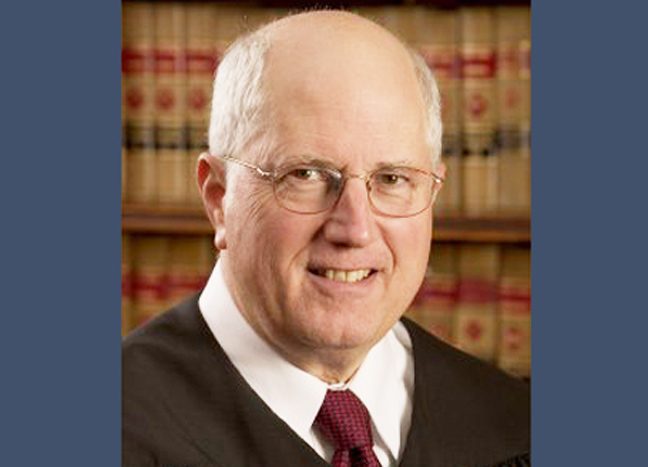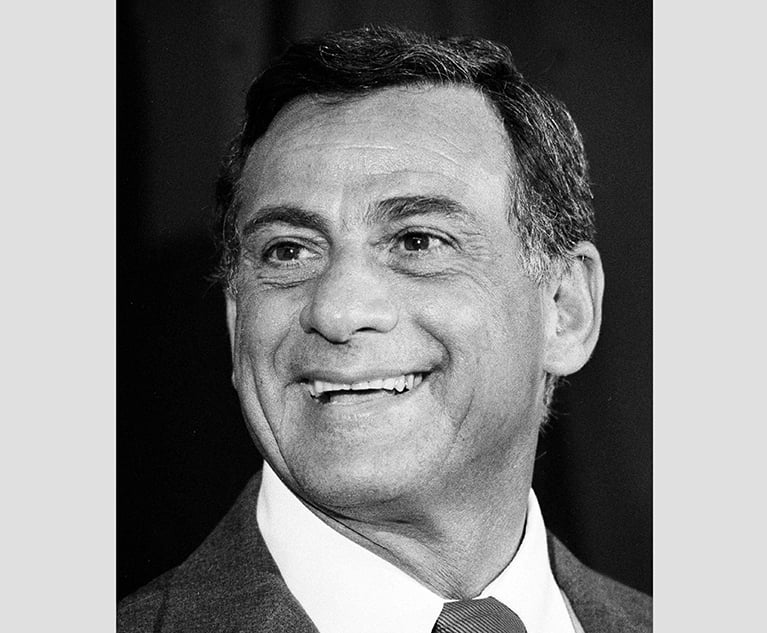In contemplating what I might contribute to an informed discussion of issues confronting our state court system after 35 years on the bench, twenty-two of which were on the Appellate Division, First Department, one subject immediately came to mind: the role and importance of dissent at the appellate divisions, our intermediate appellate courts.
Every case that comes before an appellate court (or every case where there is some dissension) brings with it the tension between the value of the court speaking with one unified voice versus one or more individual member’s duty or obligation to speak from his or her own personal perspective. Every appellate judge is first and foremost a judicial officer who must swear or affirm to “support the constitution of the United States and the constitution of the State of New York, and . . . [to] faithfully discharge the duties of [his or her] office.” Thus while appellate judges often work towards unanimity, they reserve the right to adopt a different view, based on their interpretation of the law as applied to the facts, when the matter before the court warrants it.


 Richard Andrais. COURTESY PHOTO
Richard Andrais. COURTESY PHOTO




